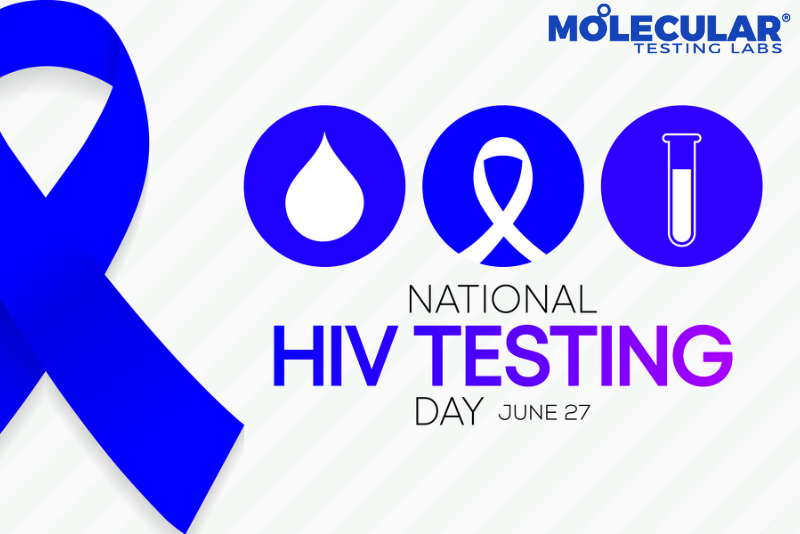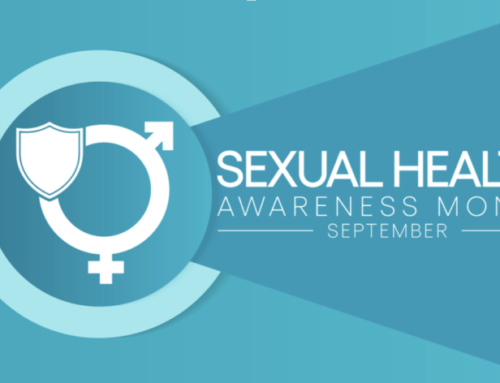
National HIV Testing Day
Share:
While June 27 may not sound like an important date at first glance, it actually is; this date is recognized as National HIV Testing Day. Here is an overview about the importance of HIV awareness, and how you can help facilitate patients’ HIV self-screening.
HIV is one of the longest epidemics in American history, infecting about 40,000 new Americans every single year. Worse yet, 1 in 7 patients living with HIV are unaware of their status. That’s why testing is one of the most important actions we can take to finally end this epidemic.
Where Can I Check My HIV Status?
In general, the medical community has come a long way in being able to prevent, identify and treat HIV. But the risk of contracting this virus – and the implications from that – remain serious. As a result, people who are sexually active (especially those with numerous partners) are encouraged to undergo HIV testing regularly.
While the traditional way of getting tested involves visiting a provider’s office, Molecular Testing Labs (MTL) offers at-home testing kits that make the process easier and more discreet. Now, patients can handle their own HIV testing by collecting a dried blood sample, mailing it into our lab, and receiving results all from the comfort of their homes.
Finger pricks make some patients nervous, but Molecular Testing Labs regularly hears that the process is much easier than originally imagined. In fact, we were able to report almost 115,000 HIV test results in 2021 alone, almost entirely off of patient-collected samples.
Doing Our Part To End the HIV Epidemic
In 2021, MTL partnered with leading LGBTQ healthcare providers in Nashville, Pittsburgh, and Austin to allow patients to get tested for HIV with at-home kits. This initiative was initially launched for those taking Pre-Exposure Prophylaxis (known as PrEP), a medicine people at risk for HIV can take to prevent contracting the virus. When taken as prescribed, PrEP is highly effective in preventing HIV, but staying on the medication requires regular HIV testing as well as testing for side effects.
Unfortunately, such screening requirements often impede adherence to PrEP, which is one of the best tools available to fight HIV. Fortunately, though, self-collection for routine diagnostic needs is an excellent way to increase adherence to medication like PrEP and eliminate barriers to patient health.
Interested in doing your part to encourage – and increase – HIV self-screening? Contact us to learn more.


